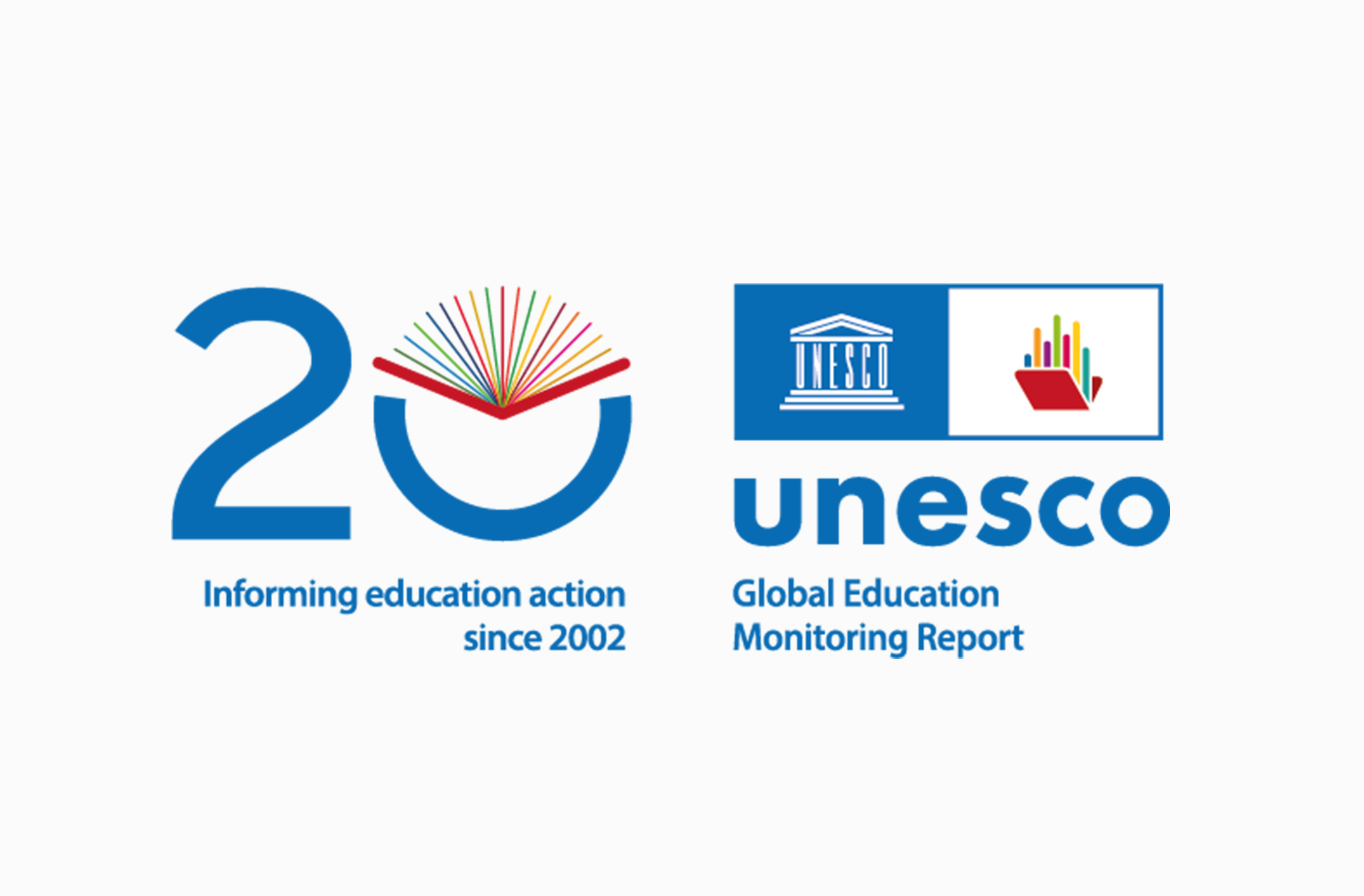
A key component of equality, progress, and peace, education is a fundamental human right. In recognition of this, UNESCO established the Education for All (EFA) program, a global movement with the audacious goal of encouraging universal access to high-quality education in order to meet the learning requirements of all children, youth, and adults.
The Origin of EFA
At the World Conference on Education for All in Jomtien, Thailand, in 1990, officials from 155 nations and international organizations pledged to increase access to education globally, sparking the start of the EFA movement. Later, in 2000, it was reaffirmed at the Dakar Framework for Action, which outlined six important educational objectives to be met by 2015.
The Six EFA Objectives
The following objectives were delineated by UNESCO, the principal agency promoting EFA:
Increase access to early childhood education and care, particularly for the most underprivileged and at-risk kids.
All people should have access to free and mandatory primary education.
Encourage education and life skills in both adults and children.
50% more adults are literate, particularly women.
In education, attain gender equality and parity.
Boost educational quality while guaranteeing quantifiable learning results.
These objectives represent a holistic approach to education, including equity, quality, and lifelong learning in addition to access.
Successes and Difficulties
By 2015, notable advancements had been achieved:
Globally, primary school enrollment rates rose.
Education disparities between genders decreased.
More nations made infrastructural and teacher training investments.
But there were still significant obstacles: Millions of kids were still not in school, particularly in South Asia and sub-Saharan Africa. There were disparities in the quality of schooling, with many kids graduating without even the most basic knowledge of reading and math. Inequality, poverty, and conflict have persisted in preventing underprivileged groups from accessing education. Beyond EFA: The Age of SDGs
The Sustainable Development Goals (SDGs), especially Goal 4: Ensure inclusive and equitable quality education and promote lifelong learning opportunities for everyone, carry on the legacy of the EFA goals, which came to an end in 2015.
This objective broadens the scope of the EFA framework to include lifelong learning and all educational levels. The Continued Role of UNESCO UNESCO continues to play a significant role in advancing international education.
Through collaborations, policy recommendations, and oversight, it helps nations in: Strengthening educational structures. ensuring fair and inclusive access. encouraging creativity and online education. addressing how crises and climate change affect schooling.
Conclusion
Education for All is a call to action rather than just a catchphrase. The world was reminded by UNESCO’s EFA campaign that everyone has the right to education, not just a select few. The spirit of EFA must direct international efforts as we move forward in the SDG era to guarantee that no one is left behind in the quest for knowledge, opportunity, and a better future.
Leave a Reply